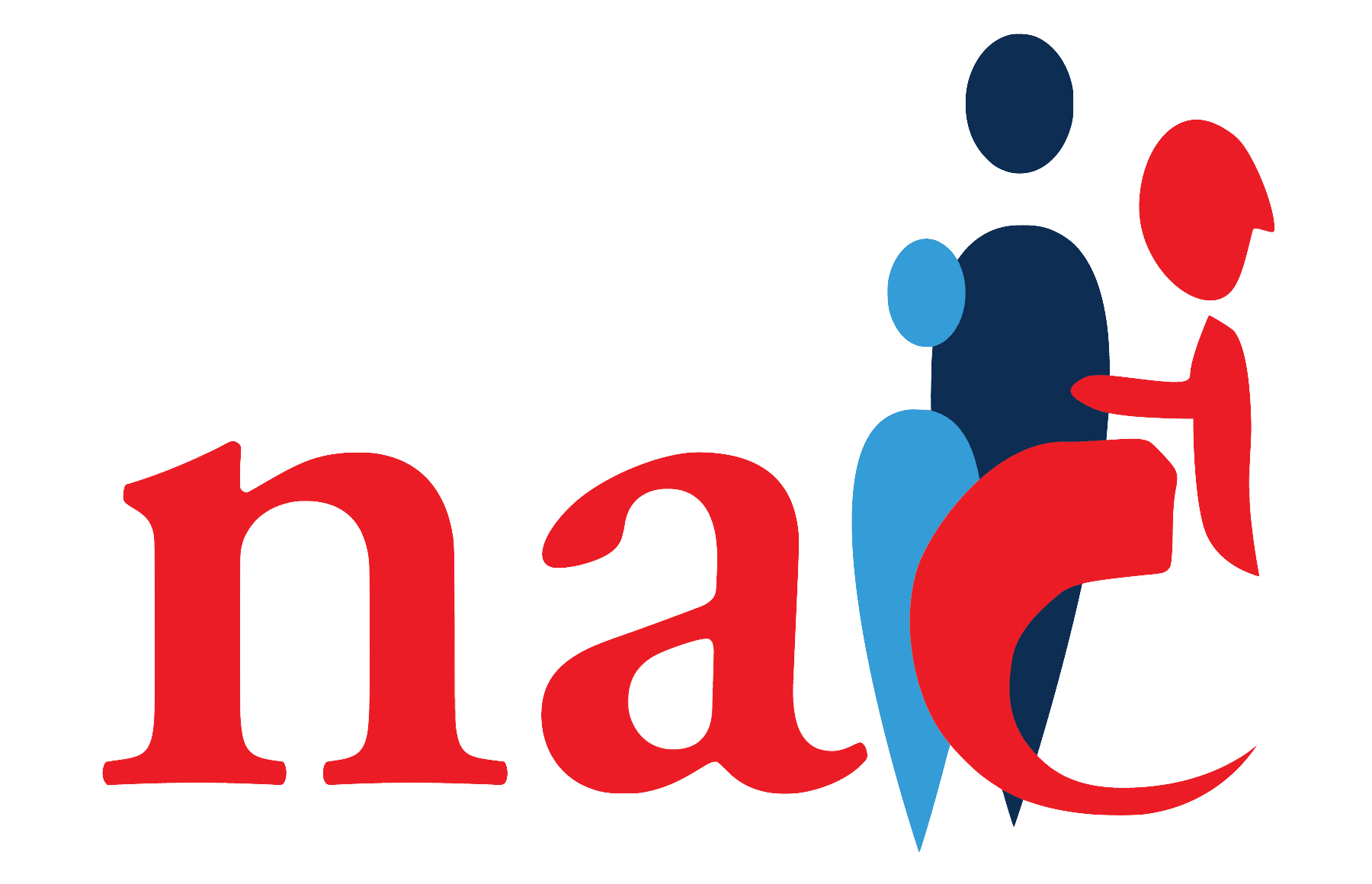Family Centered Care
Advocacy > Person & Family Centered Care
The National Center on Advancing Person-Centered Practices and Systems (NCAPPS) is an initiative from the Administration for Community Living and the Centers for Medicare & Medicaid Services that helps States, Tribes, and Territories implement person-centered thinking, planning, and practice in line with U.S. Department of Health and Human Services policy.
Person & Family-Centered Care (PFCC)
Person- and family-centered care (PFCC) has gained attention in recent years as a mechanism for transforming health care and long-term services and supports (LTSS). PFCC promotes choice, purpose, and meaning in daily life, and supports well-being for individuals and their families.
Long-Term Services & Supports (LTSS)
What Are Long-Term Services and Supports? Care provided in the home, in community-based settings, or in facilities, such as nursing homes. Care for older adults and people with disabilities who need support because of age; physical, cognitive, developmental, or chronic health conditions; or other functional limitations that restrict their abilities to care for themselves. A wide range of services to help people live more independently by assisting with personal and healthcare needs and activities of daily living, such as:
- Eating
- Taking baths
- Managing medication
- Grooming
- Walking
- Getting up and down from a seated position
- Using the toilet
- Cooking
- Driving
- Getting dressed
- Managing money
The impending growth of LTSS demand is clear. In 2017, LTSS spending reached $348 billion, a 48 percent increase from 2008. An estimated 12 million Americans receive LTSS every year, and that number will rise to an estimated 27 million by mid-century. Innovative plans and programs are emerging for older adults, a result of integrating LTSS into medical care.
In Indian Country, 9 out of 10 caregivers are family members. Caregivers can find it extremely stressful to care for people who need assistance with daily living activities. Challenges, such as poor access to health care and transportation, can add to this stress and cause feelings of caregiver “burnout.” To ensure caregivers and the people they care for have the support they need to stay healthy, successful LTSS programs also offer services for caregivers.
Cash & Counseling
Problem Synopsis: Frail older adults and other people with disabilities who receive Medicaid faced many challenges in getting the personal assistance services—help at home with things like bathing, dressing, grooming, preparing meals, and housekeeping—they needed. At the same time, increased spending for long-term care led to the need for more cost-effective personal assistance services.
Synopsis of the Work: Cash and counseling, now called participant direction, is an approach to long-term care personal assistance services in which the government gives people cash allowances to pay for the services and goods they feel would best meet their personal care needs and counseling about managing their services.
The Cash & Counseling national program introduced or expanded participant-directed personal assistance services for frail older adults with disabilities and other people with disabilities in the Medicaid programs of 15 states. The program was a joint venture between the Robert Wood Johnson Foundation and the Office of the Assistant Secretary for Planning and Evaluation in the U.S. Department of Health and Human Services.
https://www.rwjf.org/en/library/research/2013/06/cash—counseling.html
